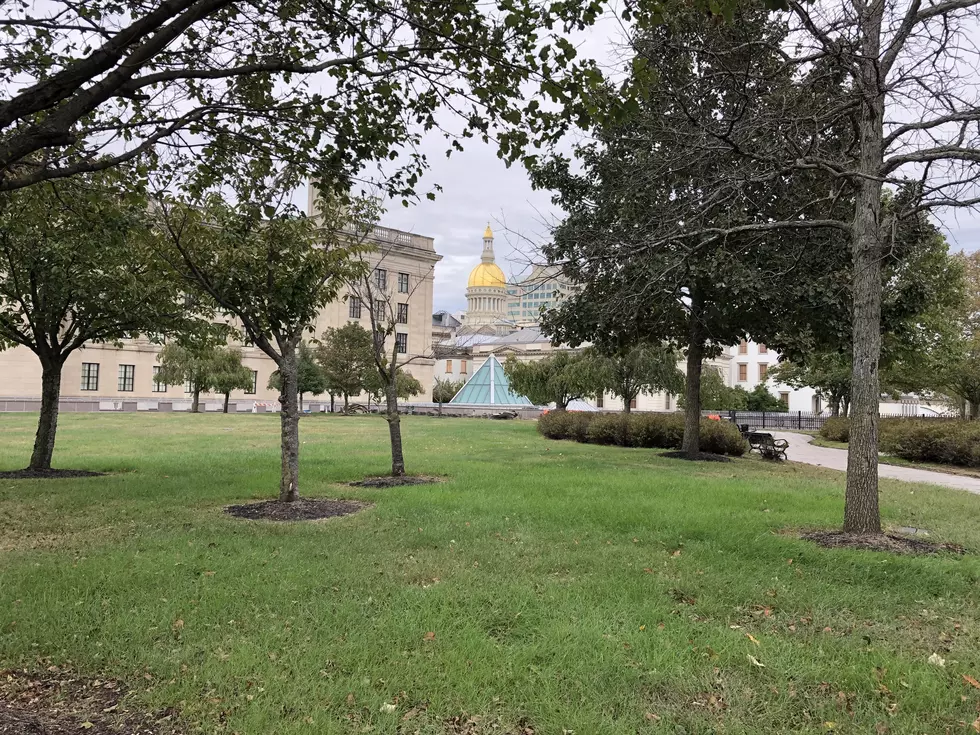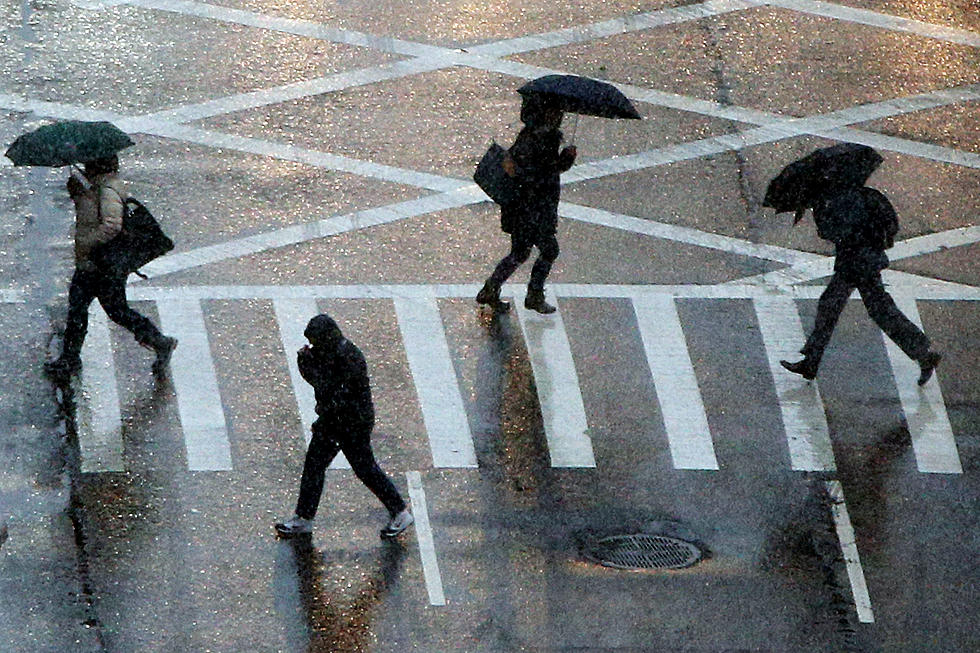
Partial Repeal of NJ Rental-home Tax Near… Maybe
Next month, Melissa LoDuca and her Staten Island family will take their traditional vacation in Seaside Park for the 13th time.
Thirteenth and final time, they have decided, unless Gov. Phil Murphy signs a bill into law passed unanimously by the Legislature that repeals taxes of nearly 12% or more now levied on some weekly summer home rentals.
That tax added more than $700 to the cost of LoDuca’s nearly three-week trip to the Jersey Shore.
“I was very taken aback by it and feel that the local businesses will not be getting my money this year,” LoDuca said. “I will not be going to the local restaurants and the children will not be going on the rides more, or the arcades. We can’t afford it. This is our only vacation we take. You know, I’m just going to cook and play board games.”
Three summer weekends have gone by since a bill landed on Murphy’s desk that would partially repeal the applicability of the so-called Airbnb tax to short-term home rentals that aren’t booked directly by a homeowner, rather than through an online marketplace.
Homeowners who directly rent out their homes wouldn’t have to collect and remit sales and local occupancy taxes unless they’re deemed by the state to be “professionally managed” – meaning, owned or controlled by a person offering more than two units for rent a year.
Airbnb supported the tax that began to be collected last October but opposes the planned repeal, saying it would give people an incentive to change their business model to avoid the tax requirement.
The last time he was asked about the bill by a reporter, Murphy said the bill is one of many on his desk – 124, as of this weekend – and didn’t indicate when he might act on it. The bill would take effect immediately if signed, as the effective date was changed from an earlier version under which it could have been delayed until October.
Homeowners and renters hope he acts it in time to salvage at least part of their 2019 season, noting Murphy criticized the idea of taxing Shore rentals when it was floated in June 2018 by Senate President Steve Sweeney during a battle over the budget adopted in the governor’s first year in office.
“I’m frustrated that the governor has had in his hands, he hasn’t signed it. All it takes is a pen in your hand,” said Franklin Lakes resident Lori Lazan, who owns two rental properties in Cape May. “It’s not rocket science. He didn’t support the tax to begin with. Why he’s dragging his feet now, I don’t know.”
Lazan said her properties have full weeks empty this summer and just one weekend booked this fall, which usually sees visitors into December. She said summer weeks typically cover the expenses for her rental homes and the “shoulder season” in spring and fall provides profits.
"It’s very upsetting to me,” Lazan said. “I have three kids in college, so what’s even more so upsetting to me, we really rely on that income to cover expenses and help us afford college.”
State Sen. Bob Andrzejczak, D-Cape May, said rental-home revenues from the spring and fall help owners pay for maintenance and other projects, after the summer revenues pay for mortgages and taxes.
“Whether it be painting or plumbing or whatever the issues are, that’s ultimately where they end up getting that funding to maintain their properties,” Andrzejczak said. “If we’re able to get that bill signed and we’re able to salvage the bumper season, hopefully they’re going to be able to continue to reinvest back into their properties.”
Andrzejczak said privately handled direct rentals shouldn’t have been lumped in with the Airbnb tax in the first place.
“Summer rentals by private owners, for this year alone, the numbers have dropped significantly,” Andrzejczak said. “If the goal was to collect more tax revenue, well, we’re not actually going to be collecting more because we’re going to having less people coming into our state.”
The bill was approved 33-0 in the Senate and 74-0-1 in the Assembly in late June, which gives Murphy until at least mid-August to act on it.
He could have even longer than that, depending on the legislative calendar. He will have until the Assembly’s first meeting after Aug. 11 to act. The part-time Legislature rarely meets in the summer and in election years – like this is, for the Assembly – sometimes doesn’t return until November.
More From WPG Talk Radio 95.5 FM










